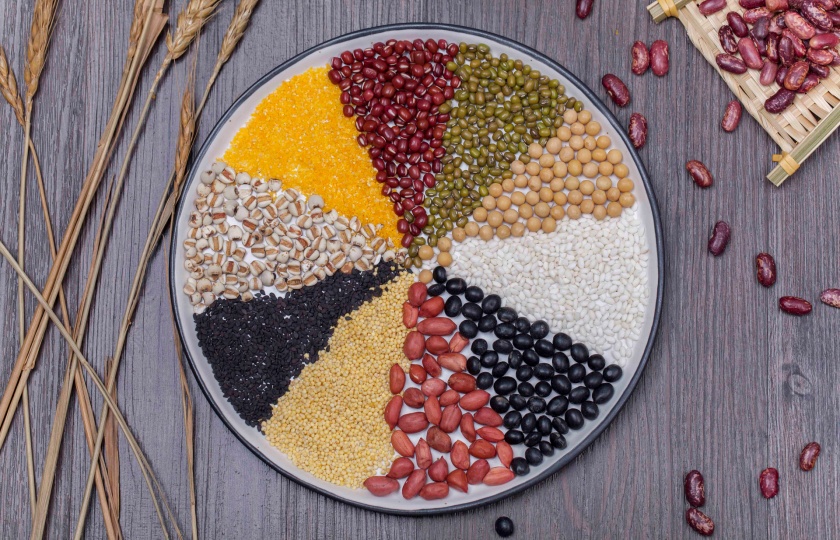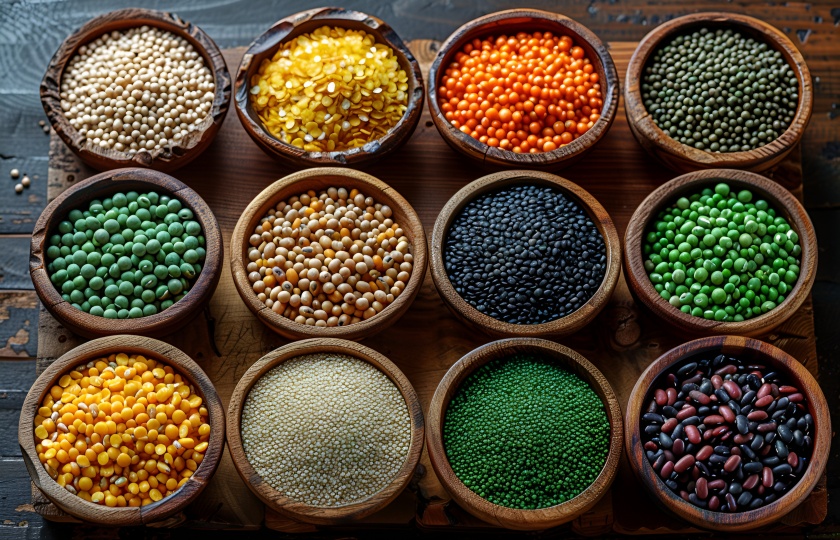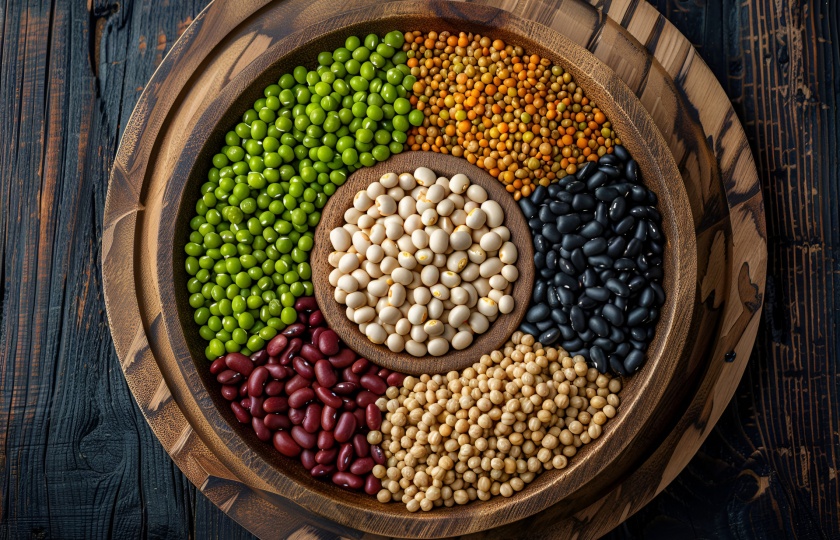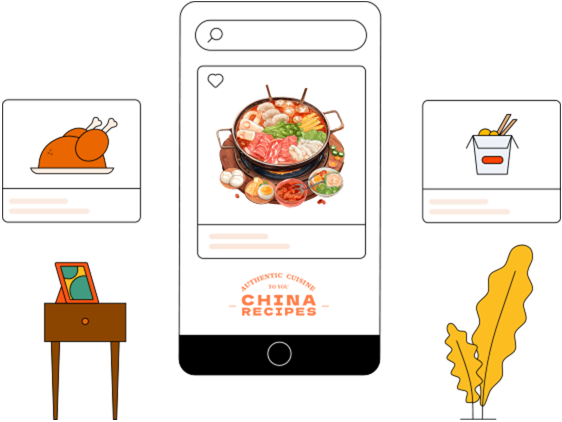Mastering the Art of Legumes: How Long Do You Have to Pressure Cook Beans?

I didn't control the time well when cooking beans in a pressure cooker before, resulting in undercooked beans. Today I want to discuss with you: How long do you need to cook beans in a pressure cooker? Reduce the trial and error cost for your cooking journey.
How long do you have to pressure cook beans?
The cooking time is different for different kinds of beans.
Mung beans: Mung beans are relatively small and easy to be cooked. Under normal circumstances, it takes about 15 - 20 minutes to cook them in a pressure cooker. If you like a soft and glutinous texture, you can appropriately extend the cooking time.
Red beans: Red beans are relatively larger than mung beans and take a longer time to cook. It takes about 20 - 30 minutes to cook them in a pressure cooker. If you want a softer texture of red beans, you can appropriately extend the cooking time.
Black beans: Black beans have a hard texture and take a relatively long time to cook in a pressure cooker, about 30 - 40 minutes. At the same time, in order to ensure that black beans are cooked, it is recommended to soak them for a while before cooking to facilitate cooking.
Kidney beans: Kidney beans are moderate in size and hardness. Generally, it takes 25 - 35 minutes to cook them in a pressure cooker. Kidney beans have a relatively delicate taste and are suitable for making various bean dishes.
Can you pressure cook beans without soaking?
You can cook beans in a pressure cooker without soaking them.
But it should be noted that unsoaked beans are hard in texture and will take longer to cook in a pressure cooker. Soaked beans have fully absorbed water and are easier to be cooked.
Secondly, when cooking unsoaked beans in a pressure cooker, you can add a little more water to prevent the beans from absorbing all the water. If after cooking, you find that the skin of some beans is slightly hard, but the inside of the beans is soft. Don't worry. You can press the beans slightly with a spoon or simmer the beans for a while to make their taste more uniform.
How to cook beans in a pressure cooker without soaking?
The method of cooking unsoaked beans in a pressure cooker is very simple. Specifically as follows:

First, pick and clean the beans, remove bad beans and impurities, rinse them with clean water and put them into the pressure cooker.
Then add water to the pressure cooker. Remember to add more water than soaked beans. It is recommended that the ratio of beans to water is about 1:3. This can prevent drying up.
Then cover the pot and turn to medium-low heat after the pressure cooker is pressurized with high heat. For example, if it is mung beans and not soaked, cook for 25 - 30 minutes after being pressurized. Red beans may take 30 - 35 minutes. Black beans take a little longer, 35 - 40 minutes.
Don't rush to open the pot cover after cooking. Let the pressure cooker depressurize naturally for 10 - 15 minutes. This can make the beans fully cooked and the cooked beans can maintain good integrity and not be too mushy.
It should be noted that the taste of beans cooked directly without soaking may be slightly worse than that of soaked beans.
What is the fastest way to cook beans?
The fastest way to cook beans is to cook them in a pressure cooker.
Soak the beans for 4 - 6 hours, which can greatly shorten the cooking time of beans. Put the soaked beans into the pressure cooker, add an appropriate amount of water, turn on high heat to pressurize the pressure cooker, and then turn to low heat. For mung beans, red beans and the like, it takes only 15 - 20 minutes to cook after being pressurized. For black beans and other hard-to-cook beans, it takes about 20 - 25 minutes to cook after being pressurized.
There are also several tips to speed up the cooking of beans:
1. Adding some baking soda when cooking beans can make the beans cook faster. Because the alkaline property of baking soda can decompose the cell wall of beans. But be careful not to add too much, otherwise there will be an alkaline taste.
2. Don't add salt or sugar too early when cooking beans. These ingredients are not conducive to the cooking of beans. You can add them after the beans are cooked.
3. When using a pressure cooker, be careful not to forcefully open the pressure cooker to avoid affecting the full cooking of beans and at the same time avoid safety accidents.
What happens if you don't cook beans enough?
Hard texture
If the cooking time of beans is not enough, the beans will be undercooked and taste relatively hard. Whether it is mung beans, red beans or soybeans, when not fully cooked, there will be a "half-cooked" feeling and not soft and glutinous enough.

Difficult to digest
Undercooked beans are not only hard in texture but also difficult to digest. Mainly because beans contain more protein and cellulose. If they are not fully cooked, these components will be difficult to be fully absorbed and utilized by the human body.
Eating such beans is not only difficult to digest but may also cause gastrointestinal discomfort, such as bloating, abdominal pain and other symptoms of indigestion.
Reduced nutrition
Beans themselves have high nutritional value. They contain a large amount of various vitamins, minerals and dietary fiber and other components. If the beans are not cooked enough, the nutritional components may not be fully released, resulting in a reduction in nutritional value.
Especially for people who need to consume the nutrition of beans, such as vegetarians and fitness enthusiasts, undercooked beans may not meet their nutritional needs.
Safety hazards
In addition to problems in taste, digestion and nutritional value, undercooked beans may also pose safety hazards. Some beans, such as green beans and lentils, if not fully cooked, may contain toxins or bacteria harmful to the human body. Eating such beans may lead to serious consequences such as food poisoning.
How do you shorten the cooking time for beans if you have hard water?
If the water is relatively hard, it will take a relatively long time to cook beans. This is mainly because hard water contains more minerals such as calcium and magnesium. These minerals will affect the boiling point of water and thus affect the cooking speed of beans.
But don't worry. You can use the following tips:
Stir-frying: After washing the beans, stir-fry them over medium-low heat until slightly yellow. The stir-frying process can remove the fishy smell of beans and make them easier to cook.
Blanching: Put the beans in cold water, turn to low heat after boiling with high heat and cook for 2 - 3 minutes. Blanching can remove the astringency of beans and make them easier to cook.
Pressure cooker: Put the processed beans into the pressure cooker, add enough water, cover the pot and turn on the high-pressure mode. According to the settings of most pressure cookers, when cooking beans, generally choose the "beans/tendons" gear. The pressure and time settings are usually 5 - 6 minutes under high pressure.























